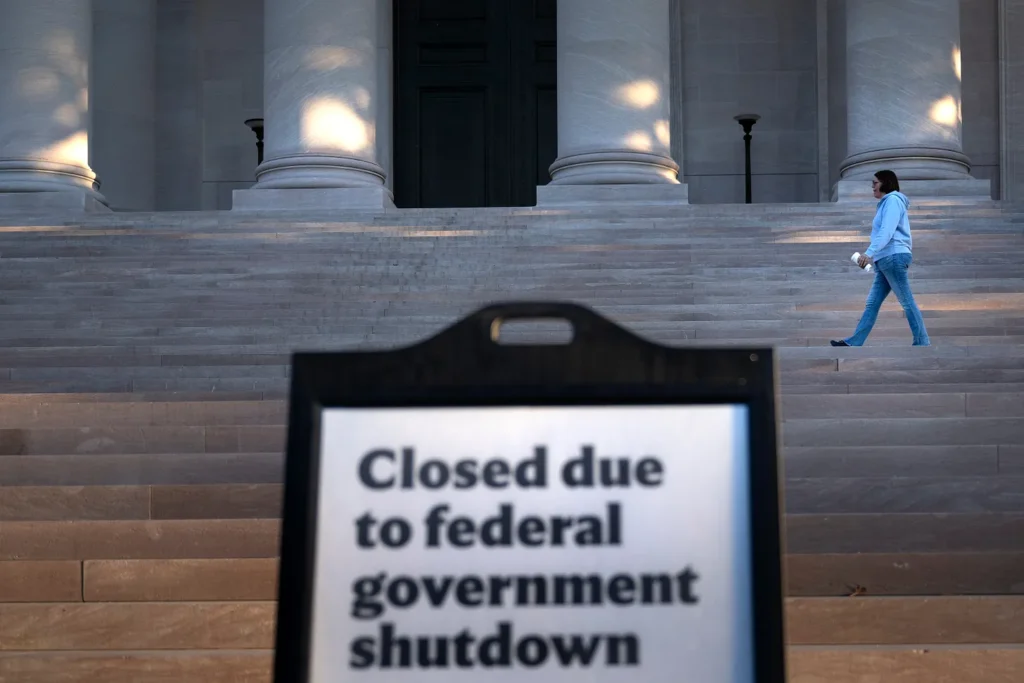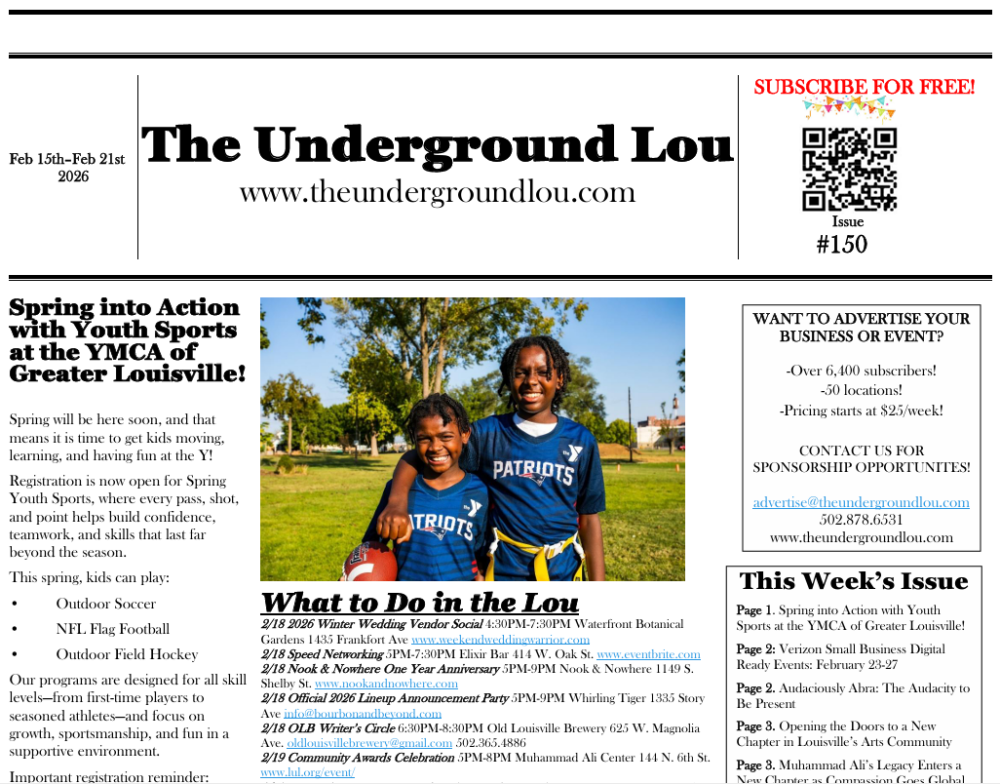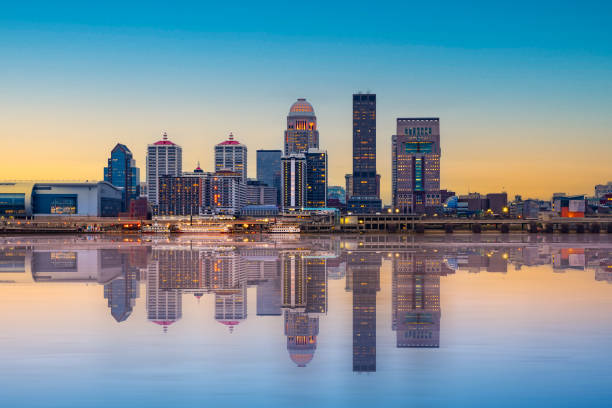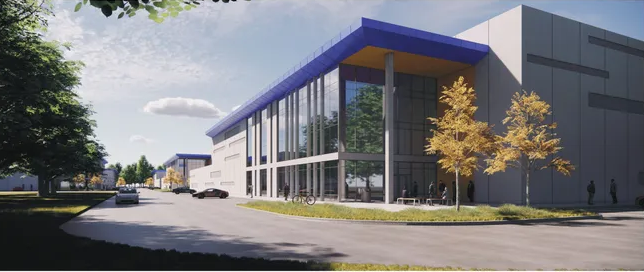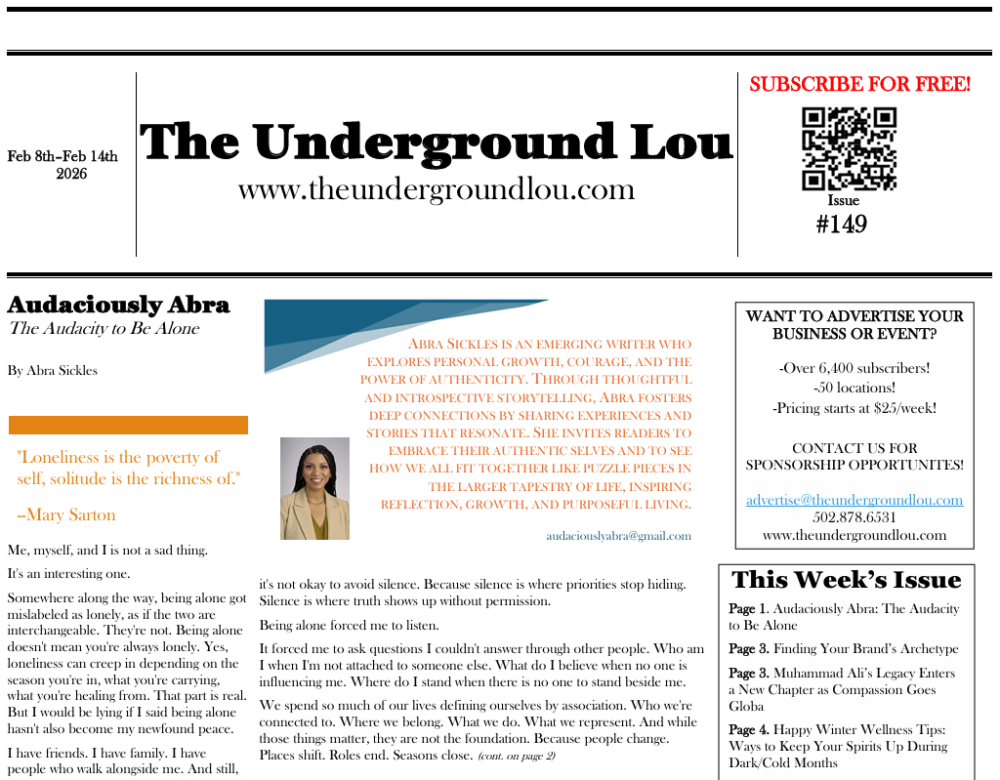reported by Julia Hartnett for LegaAs l Defense Fund and updated 8 November 2025. (Photo credit: Brendan Smialoski/Getty Images)
IN BRIEF: On Oct. 1, the federal government shut down. Offices closed, thousands of workers were sent home, unsure of when they would be allowed to return, and many federal programs suddenly found their activities grinding to a halt. Other federal workers remain on the job performing essential services — but without pay.
So, what’s exactly going on on Capitol Hill?
Congress is responsible for passing legislation that allocates funds for the federal budget, known as appropriations bills, for each fiscal year, which starts on Oct. 1. To keep the government running, Congress must pass appropriations bills or continuing resolutions (CRs), which temporarily fund the government at the levels of the previous fiscal year. CRs give lawmakers extra time to negotiate and pass appropriations bills.
When Congress cannot pass either appropriations bills or a CR, a shutdown occurs. Until funding legislation is passed by both the House and the Senate and the president signs the bill, the government will remain closed.
The shutdown immediately put around 40% of federal workers — over 700,000 people — on unpaid leave. These impacted employees are everyone from researchers and scientists advancing public health to rangers in our national parks. Other federal workers who are deemed “essential” are required to work without pay, including public safety and law enforcement personnel, as well as postal service and many social security staff. However, people who depend on these services may still experience delays or diminished service.
WHY IT MATTERS: The shutdown is hitting many communities hard, as ripple effects tear across the workforce and the economy. Let’s take a closer look at three crucial ways the government shutdown is affecting Black communities across the country:
1. Health Care Premiums

One of the central disagreements in the entire shutdown, and the main reason negotiations have stalled in Congress, is health care coverage. Millions of people use Affordable Care Act (ACA) subsidies to afford health care coverage in the United States. These subsidies were created in 2021 to lower premiums for current recipients and expand access by lifting income limits for those who qualified for the subsidies.
The enhanced ACA subsidies are due to expire soon, and if they are not renewed, premiums could skyrocket, some by over 75%. The shutdown could determine whether recipients end up seeing these costs increase as legislators fight to keep the enhanced subsidies in appropriations legislation. While Congress could draft separate legislation to extend the subsidies, the appropriations bills would be the quickest way to keep costs down for subsidy recipients.
If Congress doesn’t address these health care concerns in the legislation that will eventually end the shutdown, countless Black subsidy recipients, and everyone who receives ACA subsidies, could experience significant financial strain.
2. Federal Workers
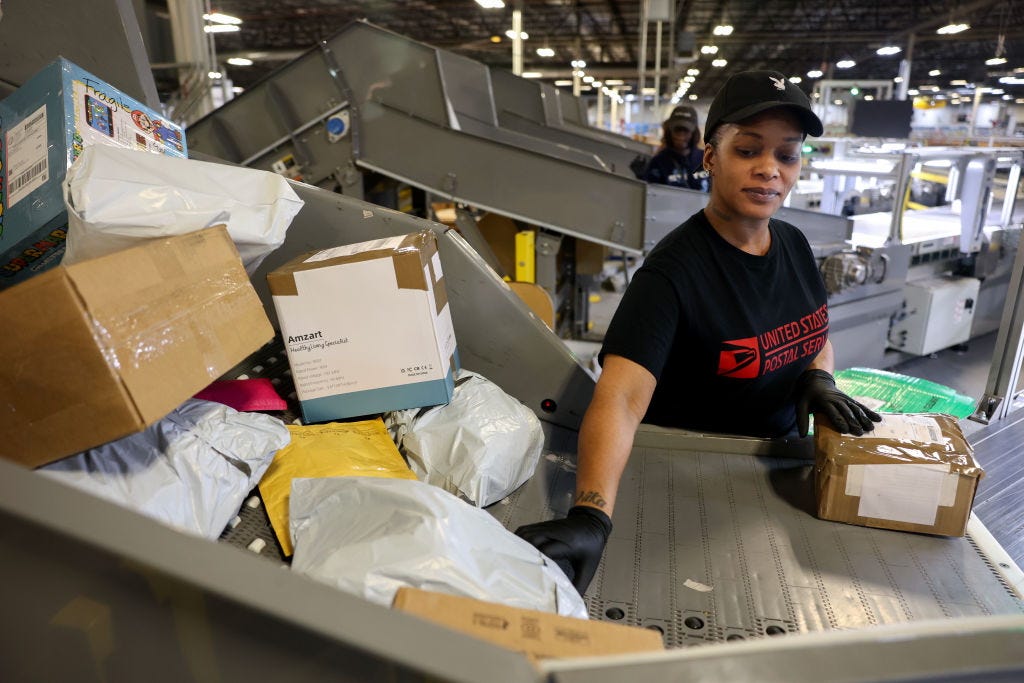
Federal employment has often offered Black people a pathway to the middle class. As of earlier this year, Black people made up 20% of federal workers, despite making up 13% of the total population.
Black federal workers will be hit harder than many of their counterparts by unpaid leave during the shutdown. According to the Housing Finance Policy Center at the Urban Institute, many Black federal employees struggle more than their white peers to replace their missing income.
With entire households at risk of serious financial strain because of pay delays for federal workers, the shutdown will potentially decimate the economic mobility of thousands of Black workers.
3. SNAP and Other Food Assistance Programs
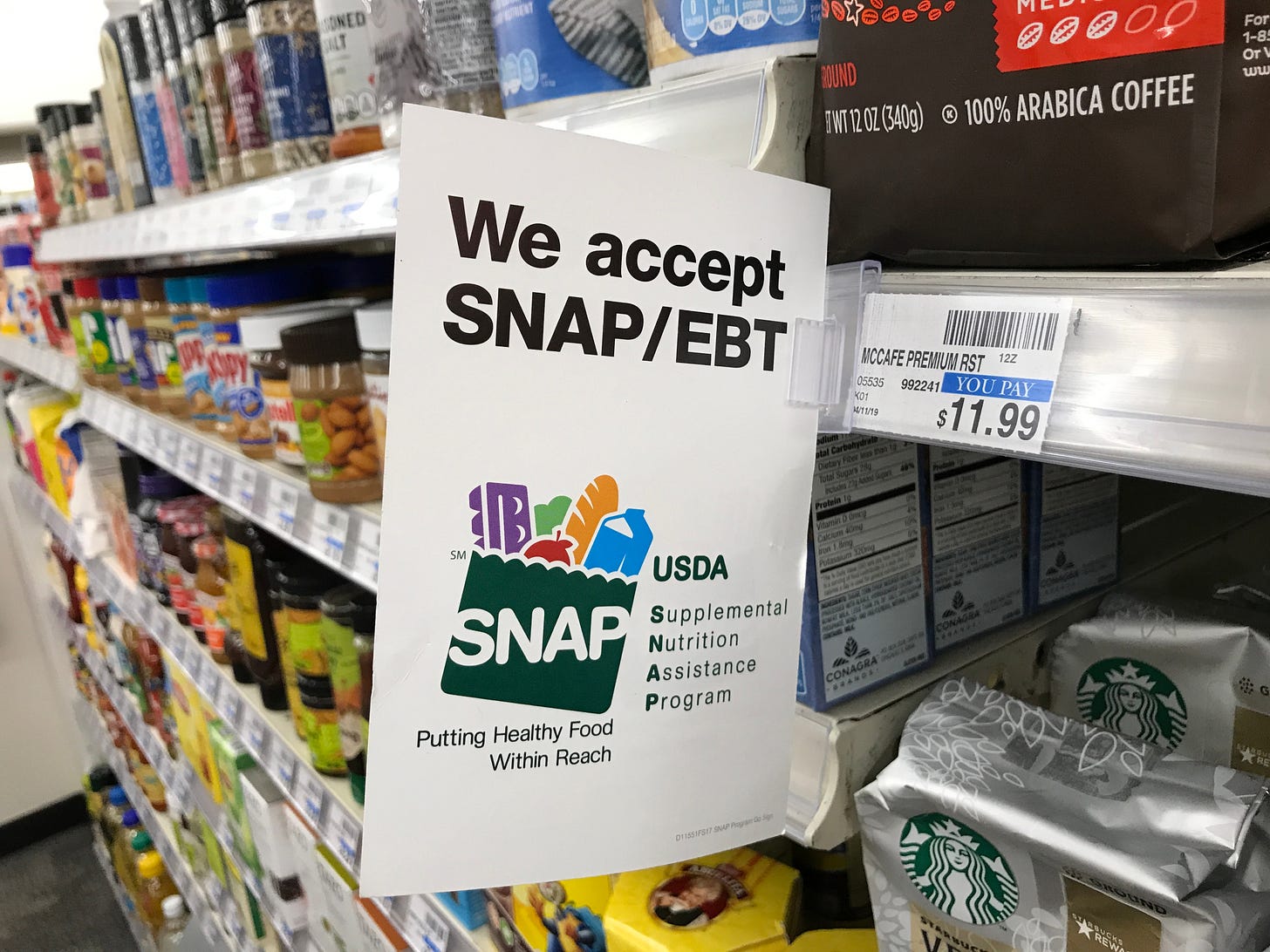
Black communities also disproportionately rely on services that are at risk during a government shutdown. For example, if the government shutdown continues for too long, food assistance programs like the Supplemental Nutrition Assistance Program (SNAP), which help millions of Black families, face deep uncertainty. Even when funding for such programs is guaranteed for the next couple of months, the lack of clarity about future funding will cause many payments to be delayed, potentially having disastrous effects for families that rely on timely payments to put food on the table. This also means that aid organizations and churches running food pantries will be relied upon even more for assistance, and forced to spread fewer resources over the same number of recipients while future funding remains up in the air.
On top of this, SNAP recipients have unfortunately already taken a significant hit this year with the Trump administration’s new tax law, which put new work requirements into place that could result in over two million people losing access to SNAP.
* * * * *
While the government is closed for business for the foreseeable future, all eyes remain on Capitol Hill.




